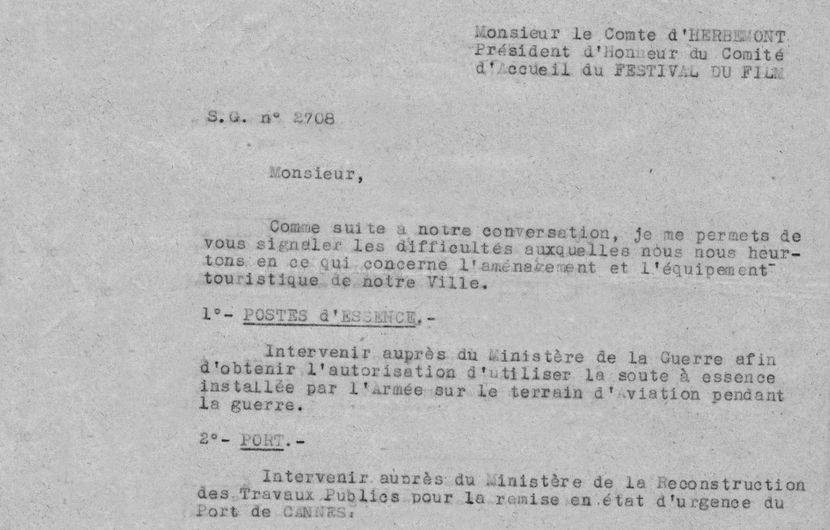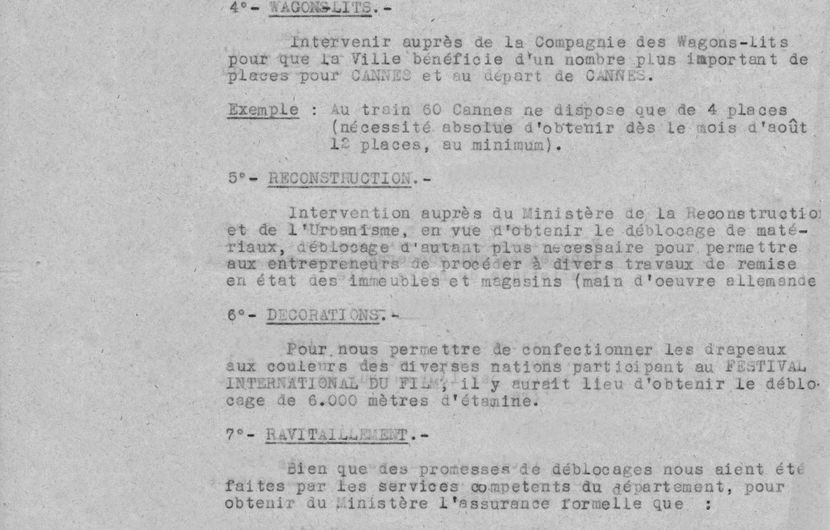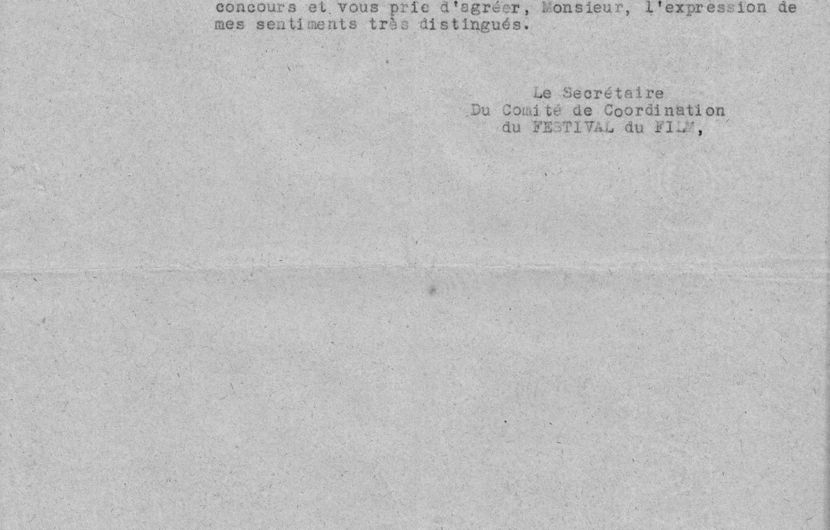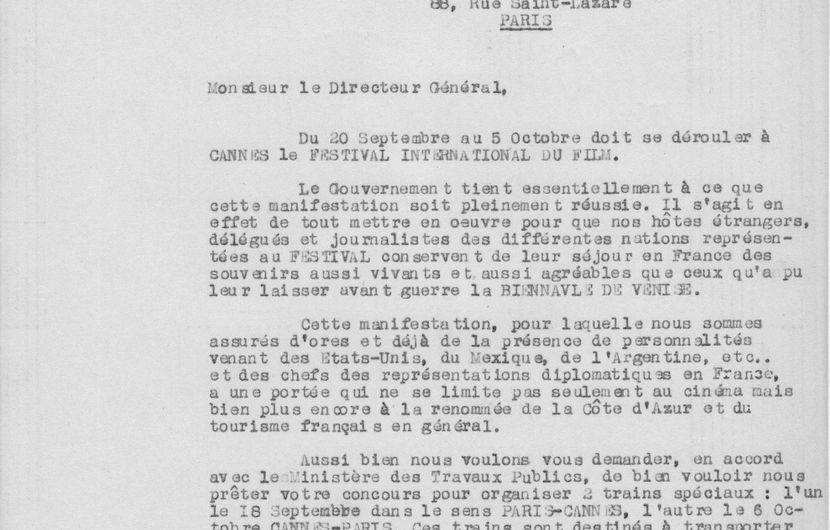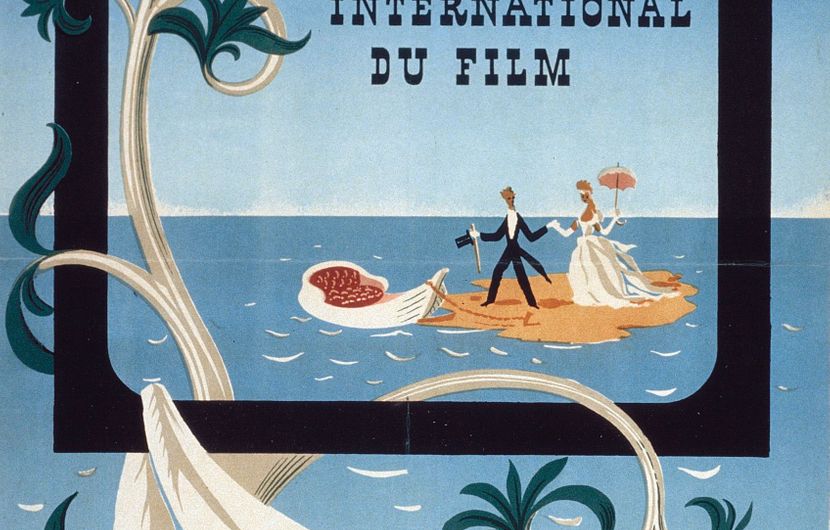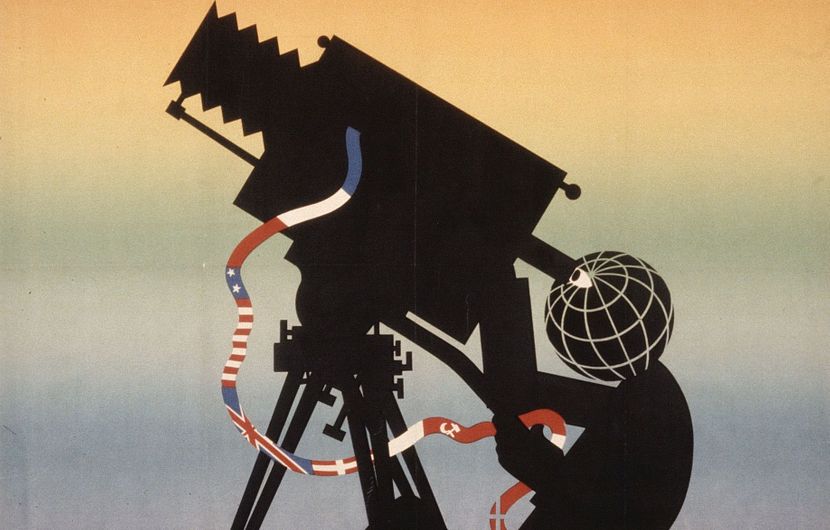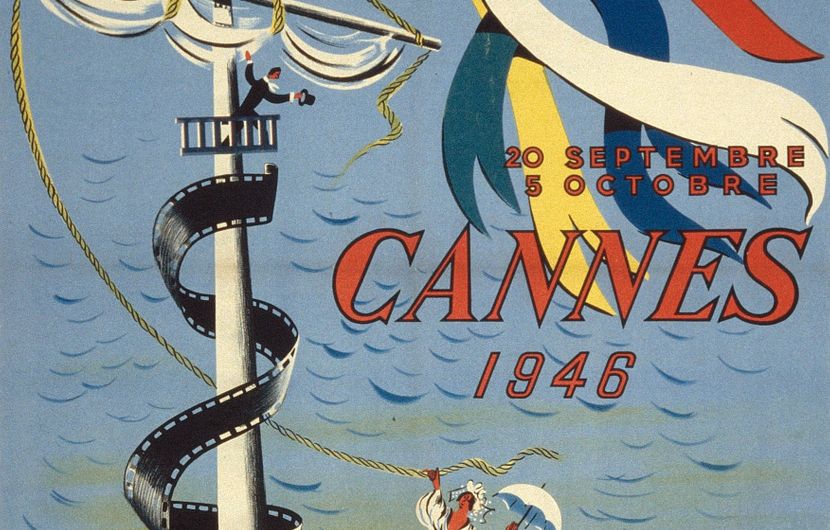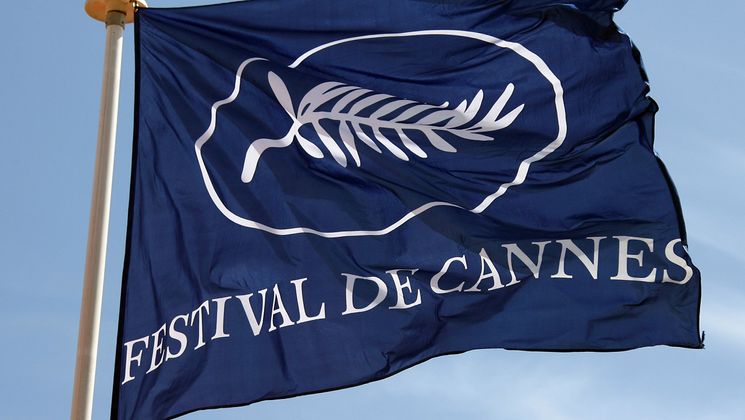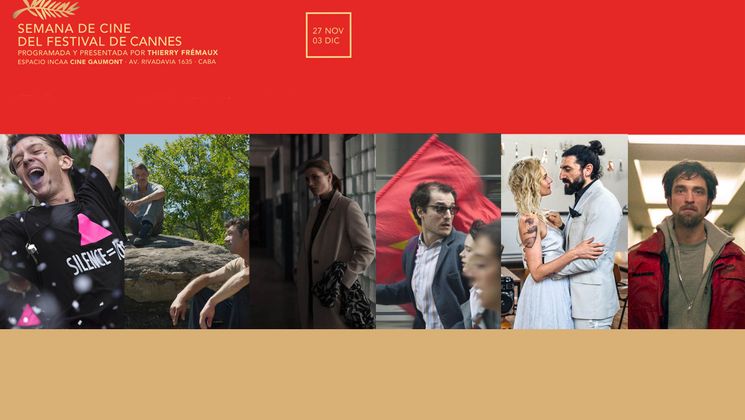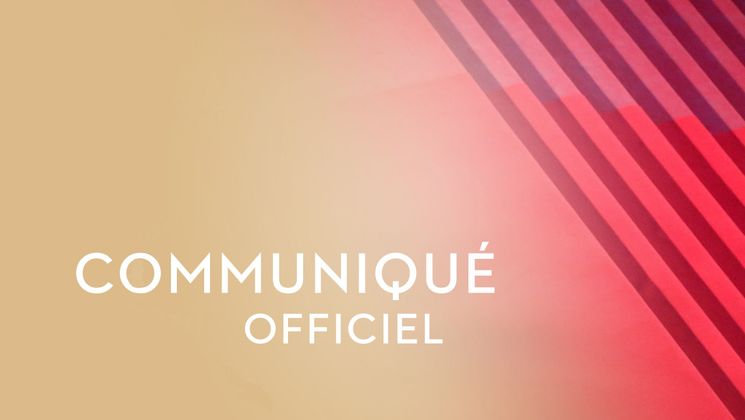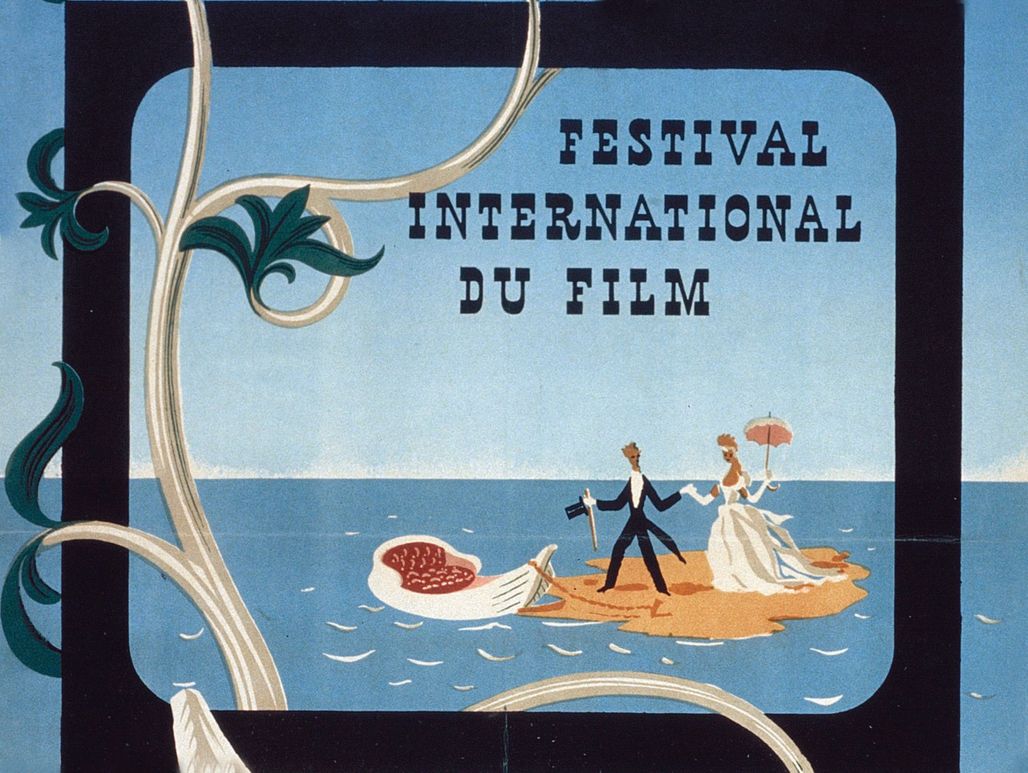
The project resumes in 1946

The birth of the Festival is a story of resilience and idealism. Despite the interruption of the first season in 1939, Philippe Erlanger and the hoteliers' association of Cannes remained convinced that an event on a world level was necessary to fight against fascism and to restore peace to the old continent, besides being a great opportunity to showcase the Mediterranean pearl and its touristic charms on an international stage. They therefore joined forces to keep the organisation of the event alive and to reschedule, first of all for Christmas 1939, then for February and finally for Easter 1940.
A reprise looked unlikely…
Careful to avoid upsetting already strained diplomatic relations, the Board gave its initial consent to the accords and to the participation of Italy. Contrary to all expectations, the Italian government gave its authorisation, specifying one condition – that the Festival be held at a different time from the Mostra. This was excellent news for the organisers, even if many difficulties still lay ahead, The economy was going through extremely hard times, tourism was at a low ebb, and, in a mobilised country, public transport was primarily reserved for military movements. Foodstuffs from the colonies, such as sugar, oil and rice became scarce, and it became increasingly difficult to ensure supplies. In May, the country was invaded by the Germans. Cannes was in the Free Zone, but on 10 June 1940, Mussolini declared war on France and Britain, putting an end to all hopes of a reprise for the Festival.
Years of occupation and shortage followed: the lack of resources, materials and peace of mind necessary to organise the event meant that it had to be postponed for several years. Film industry professionals were mobilised, cinemas closed due to staff shortages, and resources were channelled into the army's film production sevice. From July 1940, Dr Dietrich, director of the German propaganda film department, took over control of French production with the Continental, a French company set up by Goebbels with German funds and directed by Alfred Greven. Censorship and the distribution of raw materials, the prohibition on employing Jewish professionals and the banning on distribution of any films made before 1937 also served to muzzle French cinema. Erlanger, who was himself of Jewish origin, ws forced into hiding to escape the authorities who were searching for him because of his involvement in setting up an event in competition with Venice. He found refuge in the Grand Hotel in Cannes run by his friend Henry Gendre before fleeing to Gascony until the Liberation.
'The second first Festival de Cannes'
It was not until 1945, with France newly liberated, that Erlanger was able once again take over the helm of the Association Française d’Action Artistique and the organisation of what would be the 'second first Festival de Cannes'. Alongside him, Jean Painlevé took over as Director of Cinematography, to be replaced by Michel Fourré-Cormeray in May 1945, and the newly formed team in 1939 including Suzanne Borel, who in December 1945 married Georges Bidault, the Foreign Minister, a man would give the project valuable support.
Between 1945 and late 1946, the committee faced a new series of difficulties. Europe was on its knees, divided and demolished, and appearing at the Festival de Cannes was low on the list of national priorities. Hundreds of invitations were sent out, but the responses were slow in coming and the Festival initially planned for 1945, then March 1946, finally took place in September 1946. In the meantime, a great deal had to be done, despite the restrictions. The Casino, where the event was to be held, still bore the scars of the fighting. The hotels were occupied by the Americans. Despite State help, the funds were insufficient to rebuild Cannes, which had been damaged by bombing.
Joining forces to rebuild
On 23 June 1946, Dr Picaud, the town mayor, launched an appeal to all the local citizens to 'rebuild our gardens, our esplanades and the beaches along Boulevard Jean Hibert. Teams of volunteers set to work. A public fund was opened and garnered over a million francs thanks to the participation of unions of builders and bakers, estate agents and taxi drivers, amongst others.
Agreements between the municipality and the management of the Municipal Casino were reached, in order to convert the Hall into the main projection room and ceremony room. The Film Festival Coordination Committee sought to resolve the final details to ensure that the various tourist facilities were organised.
The competition featured 19 countries and an international jury presided by Georges Huisman. The Festival was about to witness its second official birth, scheduled for September 1946.
Several posters promoted the Festival de Cannes as an invitation to travel, highlighting both the Mediterranean aspect and the international nature of the event.
